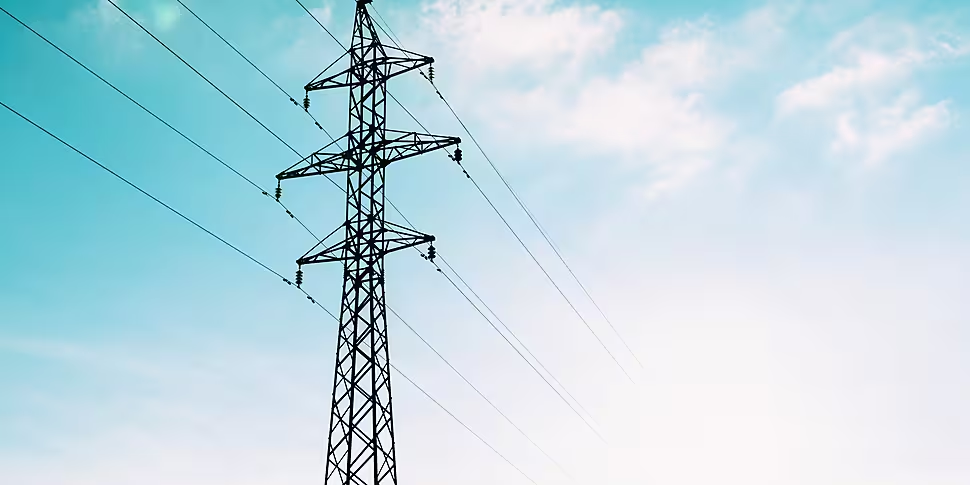Over 1.1 million people are in line for increases to their electricity and gas bills.
Electric Ireland is upping it's prices by about €100 a year for electricity, and €60 a year for gas.
It follows a string of other increases from a number of other companies, some of whom have bumped costs twice this year.
Bonkers.ie head of communications Darragh Cassidy says the pandemic has caused home energy usage to 'skyrocket':
"This is I suppose another reason why the price increases come at a difficult time."
"More of us are still working or studying from home."
"So a lot of households, their energy usage has actually skyrocketed, and it's one area where we're spending a lot more money."
"I think people need to be a bit more mindful of their energy use particularly because we're spending more time at home, and because prices are going up."
#BreakingNews
Electric Ireland has become the latest supplier to increase its prices in a move which will impact around 1.1 million electricity customers and 145,000 gas customers. The supplier is increasing its electricity prices by 9% and its gas prices by 7.8% from 1 August. pic.twitter.com/UlrzVXJBgh— bonkers.ie (@bonkers_ie) July 1, 2021
What Can You Do To Lower Your Power Bill?
Darragh has advised anyone who wishes to lower their bills to do one or both of the following.
"First of all, look at switching," he says.
There's plenty of deals available for people who switch suppliers due to the competition amongst the companies themselves.
"Someone who's paying standard rates and switches could save themselves about €450 a year on average."
He's recommended people do this, and says it can be done online.
"Lots of people do it, though we do find anecdotally that it seems to be the same people who do switch."
Darragh believes there's a section of about 60-70% of the population who haven't switched in years.
"They are significantly overpaying."
The second piece of advice he has is to cut down on energy usage.
So that consists of things like not over filling the kettle, putting on a cooler wash when cleaning clothes or dishes, and upgrading light bulbs to LEDs.













